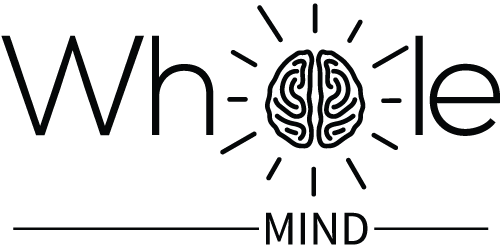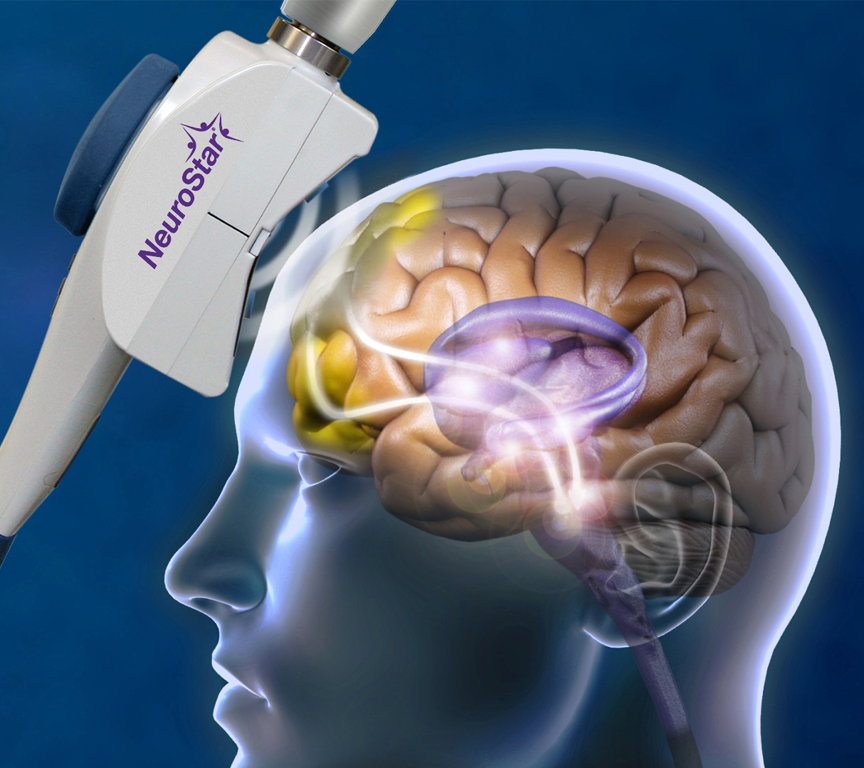An introduction to TMS therapy.
You may have heard about this thing called Transcranial Magnetic Stimulation (TMS). It's this non-invasive technique that uses magnetic fields to stimulate nerve cells in your brain. It's been getting pretty popular as a way to treat different psychiatric and neurological disorders lately. We'll go over how TMS works, what it's currently being used for, and what exciting developments are on the horizon.
Basically, TMS creates a magnetic field that induces electrical currents in a targeted area of your brain. The strength, frequency, and duration of these magnetic pulses can be adjusted to change how intense and long-lasting the stimulation is. It's not completely clear how TMS works, but it's believed that it depolarizes neurons in the stimulated area and activates different parts of your brain. This can help change how your brain is wired and help with all sorts of neurological and psychiatric issues.
TMS has been used to treat depression, anxiety, schizophrenia, epilepsy, and chronic pain. Depression has been the most studied use case, and lots of clinical trials have found that TMS can be really effective for people who don't respond well to traditional antidepressant medications. One study even found that TMS was significantly more effective than a fake treatment for depression.
There's also some research that shows TMS could help with anxiety, schizophrenia, epilepsy, and chronic pain. It's still early days for these uses, but the results are promising so far.
Looking to the future, there are lots of exciting possibilities for TMS. It could be used to treat cognitive impairment in people with neurodegenerative disorders like Alzheimer's or Parkinson's disease. There's already some research showing that TMS can improve cognitive function in these patients. There's also the possibility of using TMS to enhance cognitive function in healthy people. Some studies have found that TMS can improve working memory, attention, and decision-making in healthy adults.
References:


